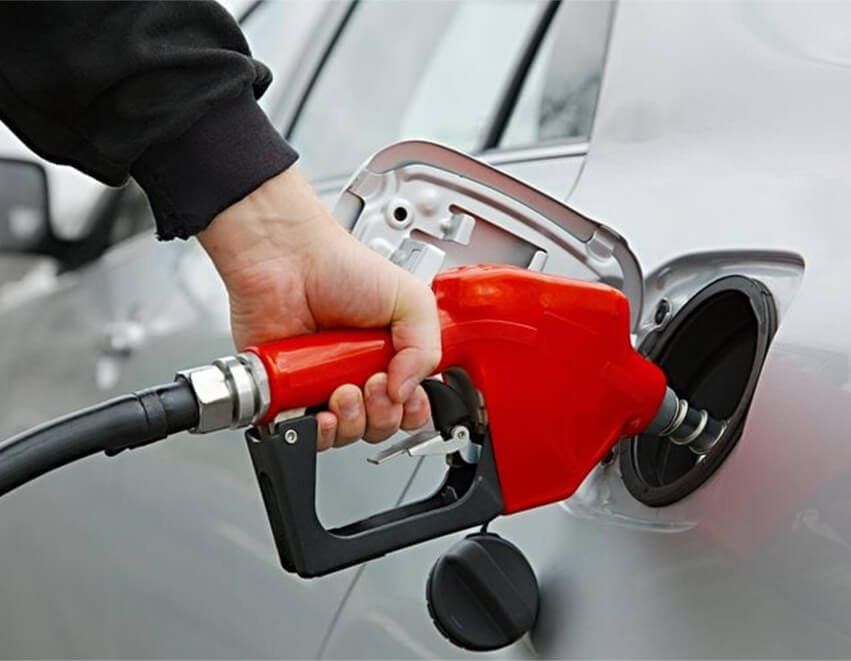Find out how to choose the best lubrication pump for marine applications. Explore manual and electric pumps designed to withstand marine conditions.
On ships and boats, keeping critical components properly lubricated is an absolute must for operational reliability and longevity. That vital task falls to dedicated lubrication pumps specially designed for marine use.
Let’s explore the various pump options available and key selection considerations for marine applications.
In marine environments, properly lubricating propulsion shaft bearings, stern tubes, reduction gears, deck equipment, and engine components is essential. Saltwater, moisture, and contamination accelerate wear without oil or grease to separate surfaces, dissipate heat, and inhibit corrosion.
On small vessels, a manual pump suffices for occasional greasing. But larger ships need electric pumps providing automated, scheduled lubricant delivery to remote spaces without operator intervention. This maintains optimal viscosity and film thickness for reduced friction, cooler operation, and much longer part service life.
From small pleasure craft to giant cargo carriers, suitable pump types for marine lubrication abound. Here are popular options:
Compact manual pumps allow crews to conveniently apply grease when needed for small-point lubrication tasks. Their pistol-grip handles and flexible hoses make accessing tight spaces easy. Low cost suits them for basic lube jobs on all but the largest ships.
For scheduled automated lubrication of larger vessels, electric pumps are indispensable. Centralized systems with timers or metering valves feed multiple remote points without worker involvement. Electric drive enables higher outputs at controlled pressures ideal for oil circulation or centralized greasing.
Whether manual or electric, lubrication pumps for marine purposes must withstand exposure to moisture, salt spray, and motion shocks. Key ruggedized design factors include:
Choosing the optimal marine lube pump depends on lubricant type and viscosity, system size, delivery pressure/volume demands, automation needs, and operating conditions. Consider:
Proper installation, operation, and maintenance are also critical. This keeps lube systems running cleanly and efficiently for years of trouble-free service in harsh marine environments.
On ships and boats, specialized lubrication pumps are indispensable equipment for maintaining smooth, reliable, and safe operation of propulsion and mechanical systems.
Marine lubrication pumps must withstand corrosion, moisture ingress, shocks, and vibration. Careful selection, along with proper use and maintenance, ensures they deliver vital lubricant protection throughout a vessel’s service lifespan. This saves costly repairs and keeps ships running on schedule.
With rugged pump models engineered to withstand maritime conditions, Aocheng Group keeps propulsion and mechanical equipment operating at peak efficiency. Our specialized marine lube pumps provide reliable, automated lubricant delivery even in the harshest offshore environments.




